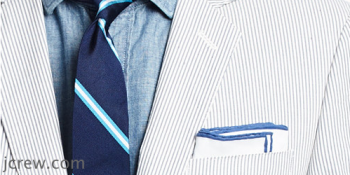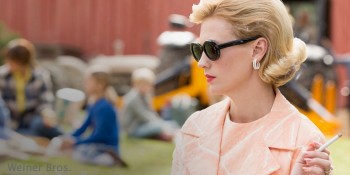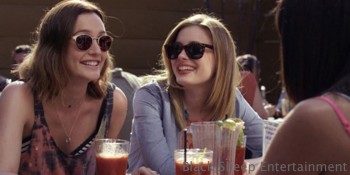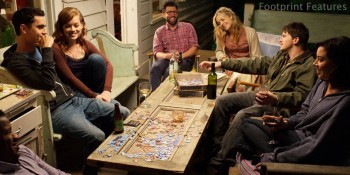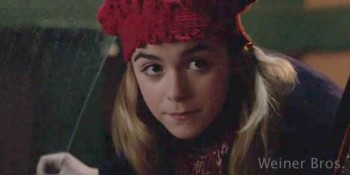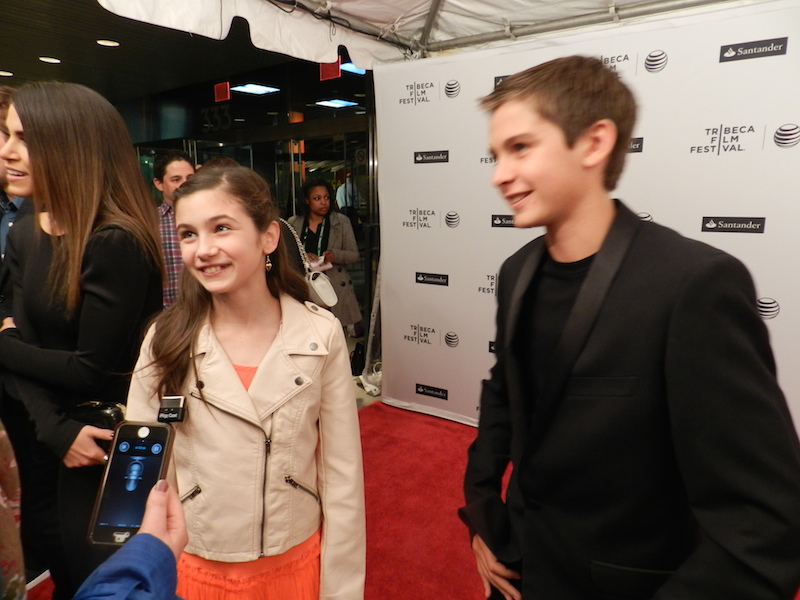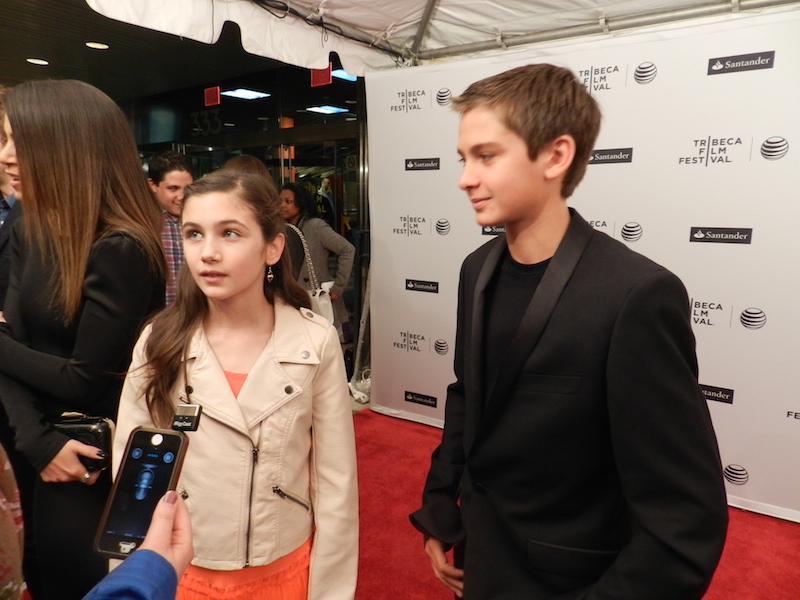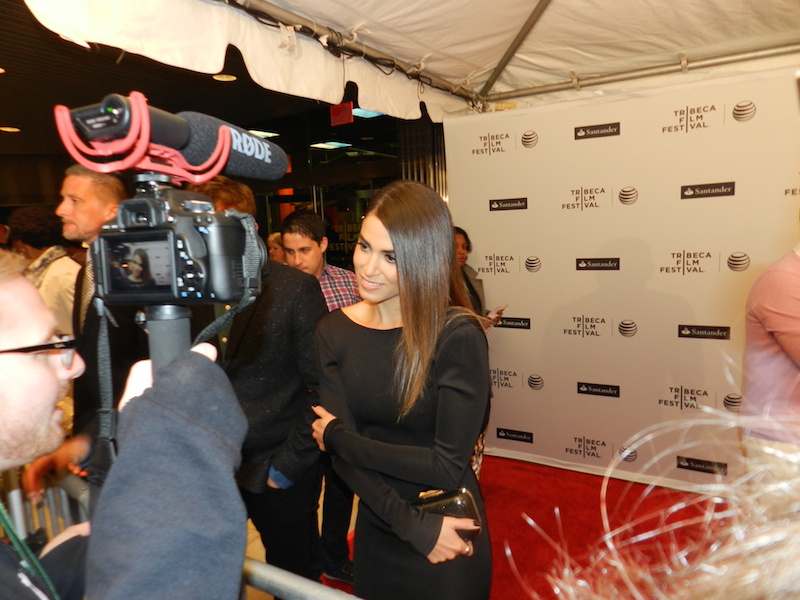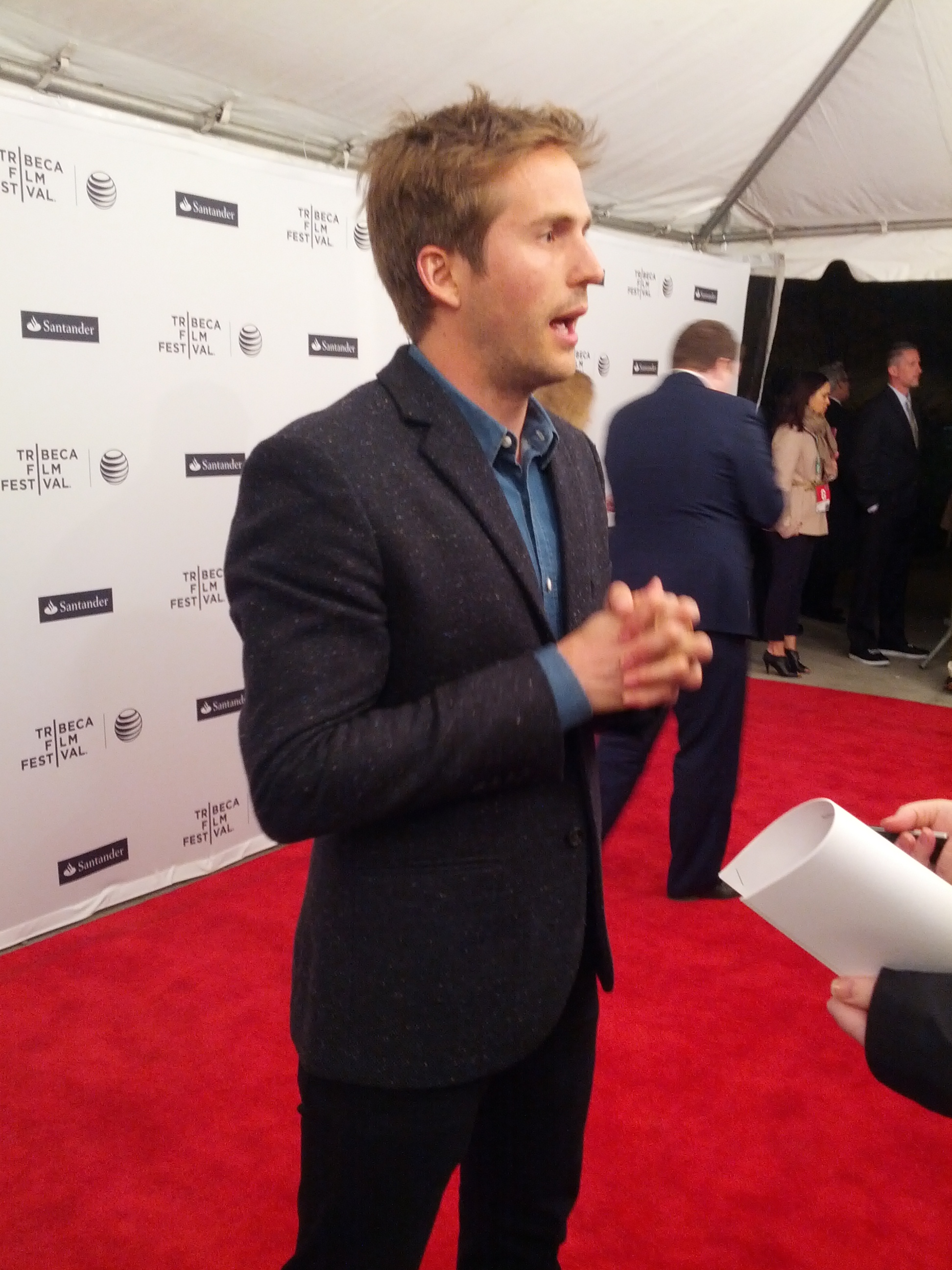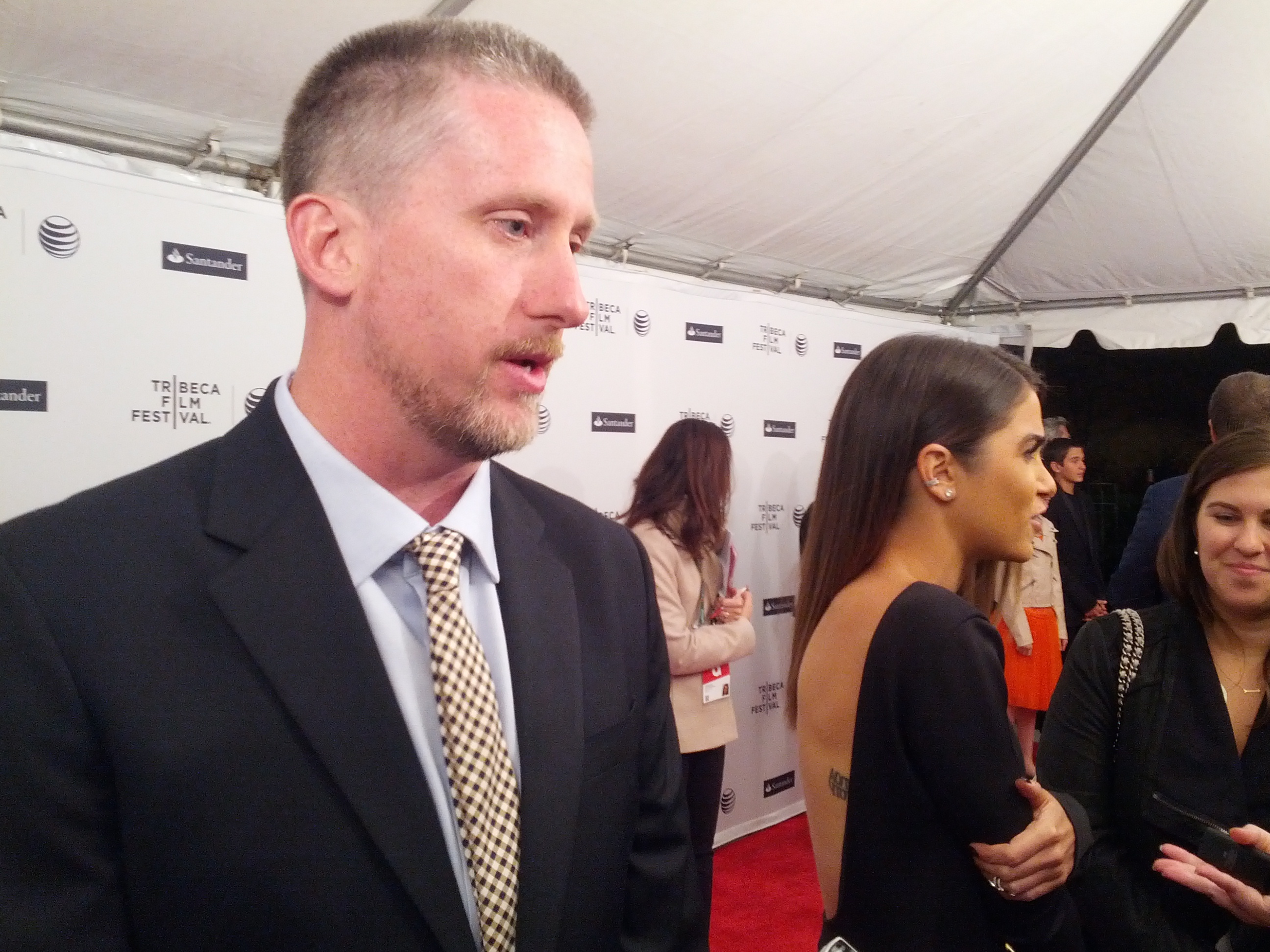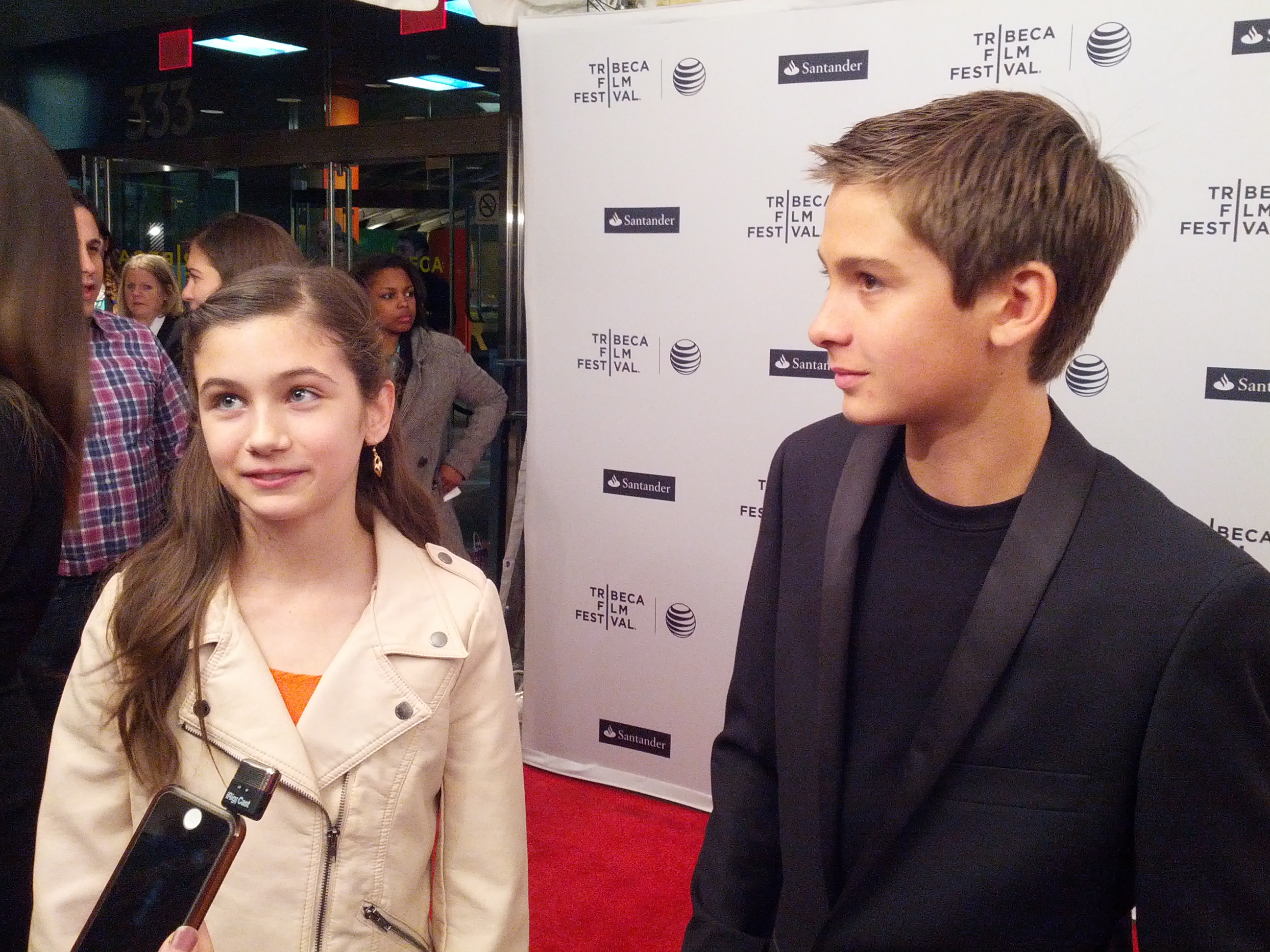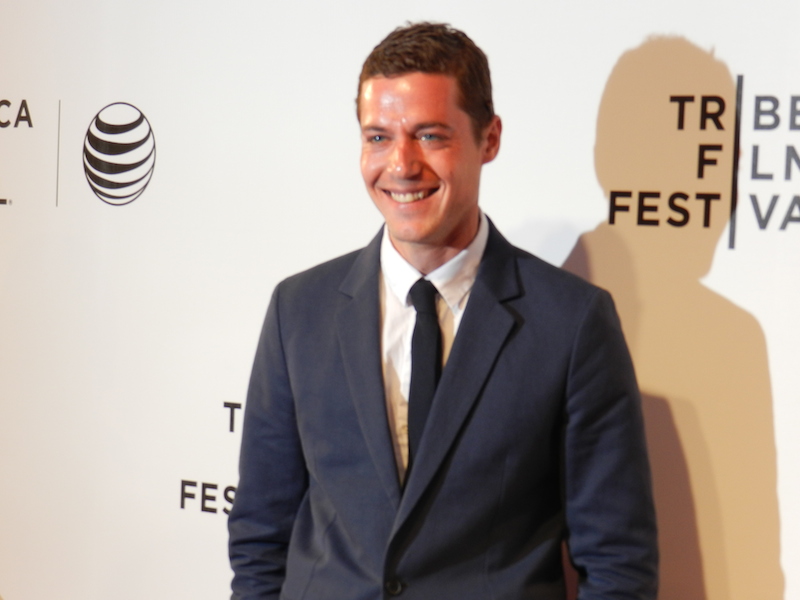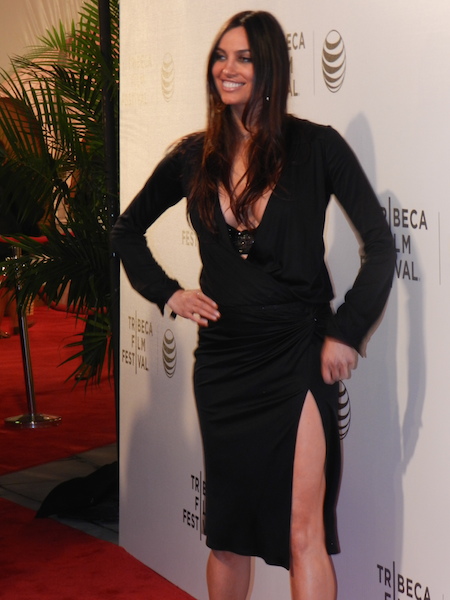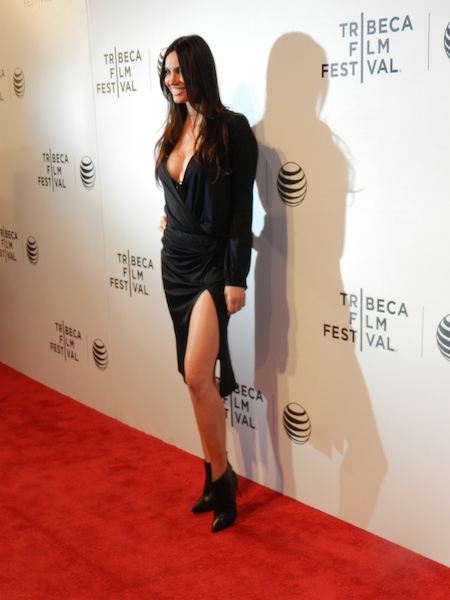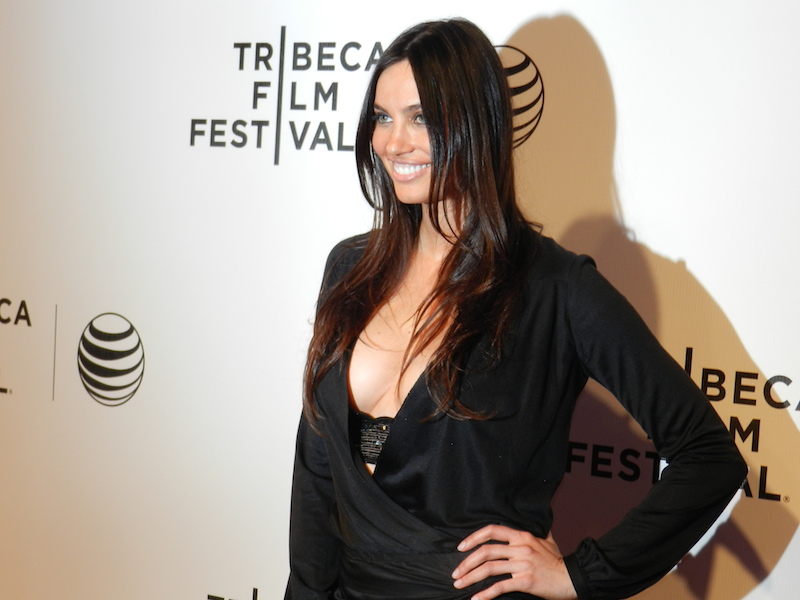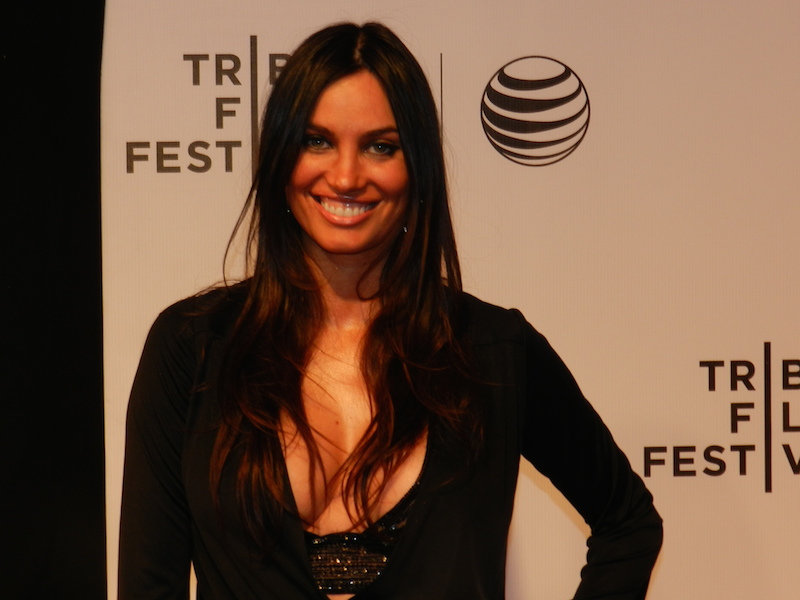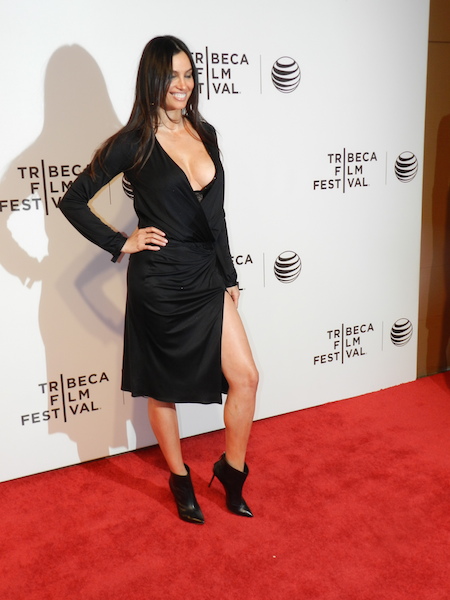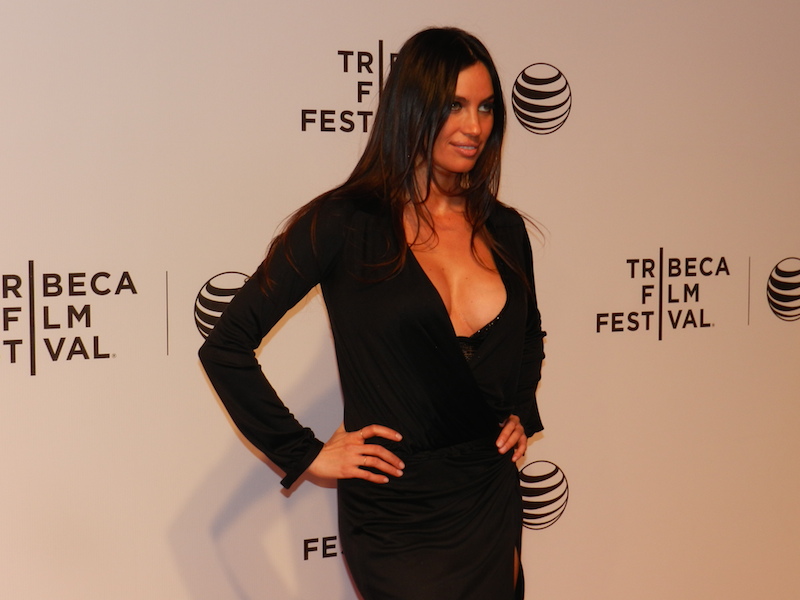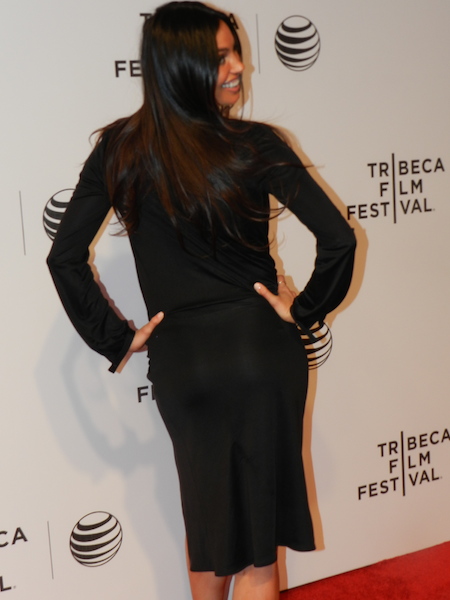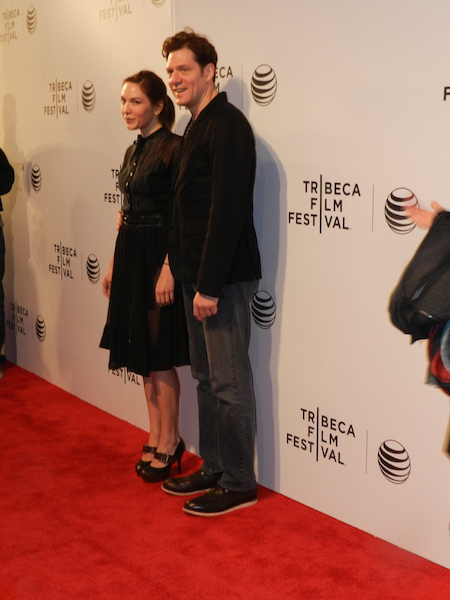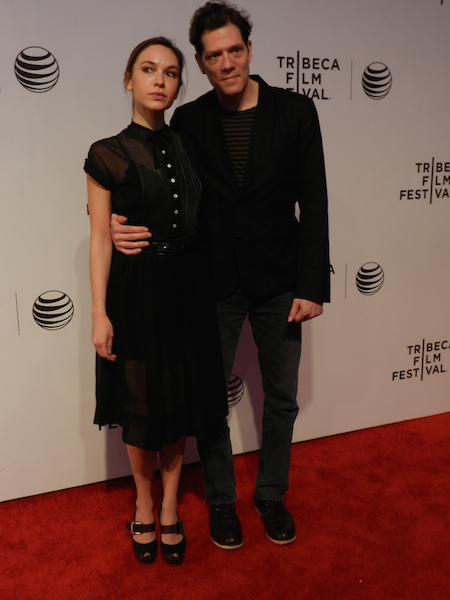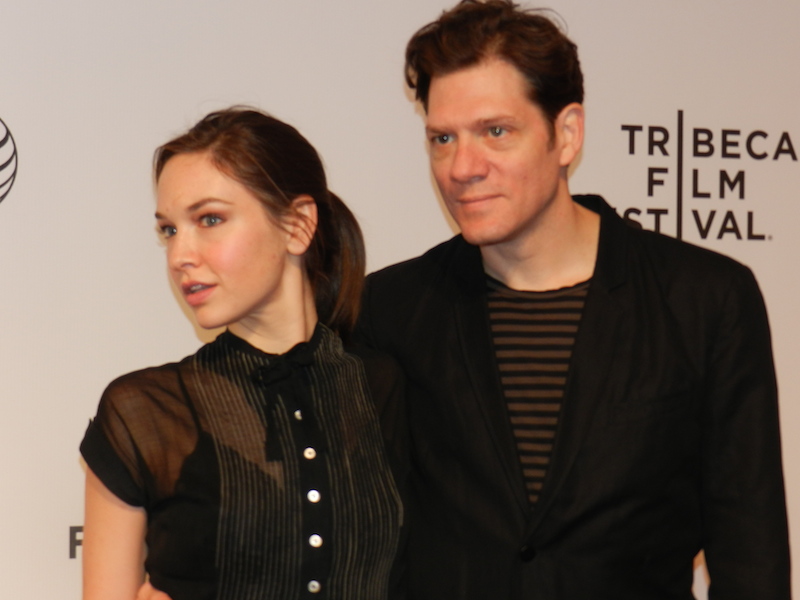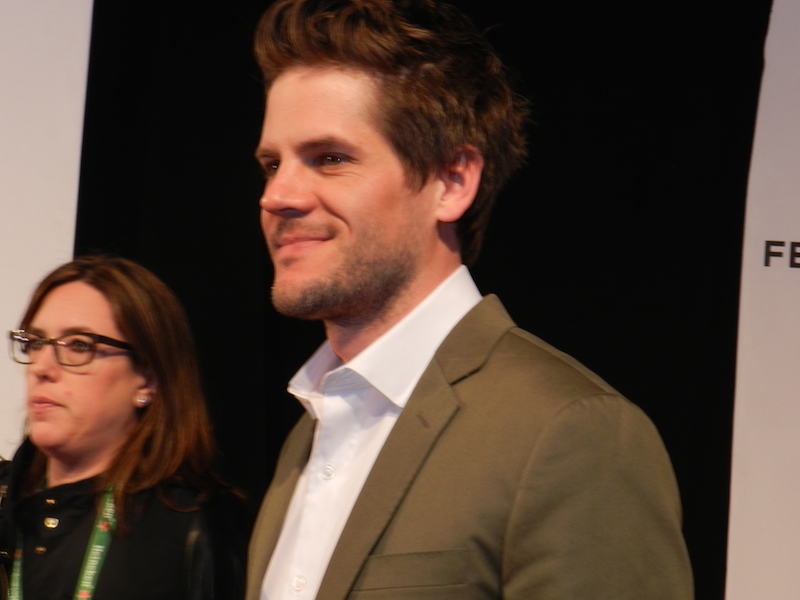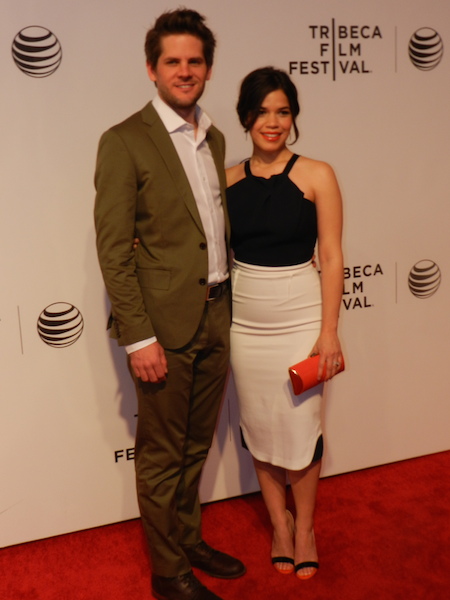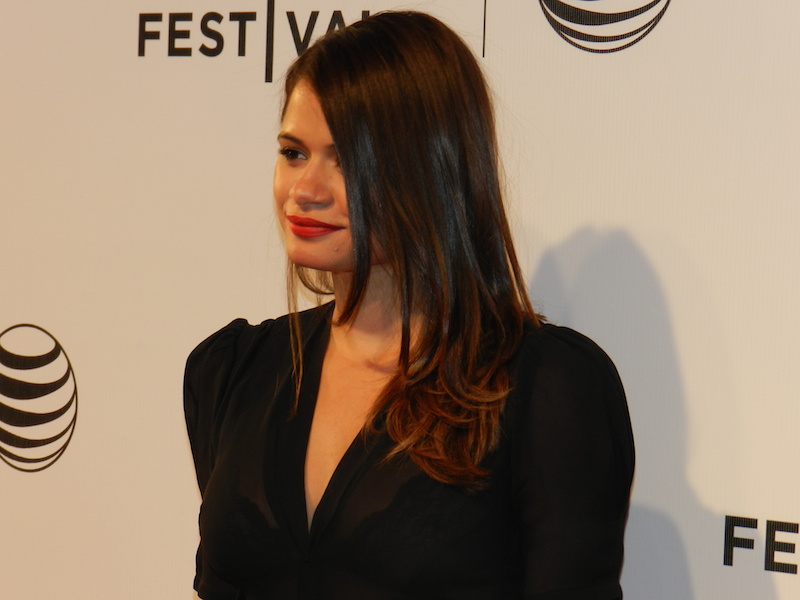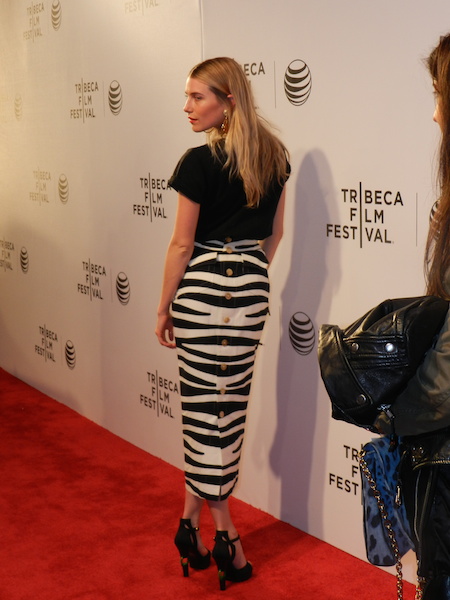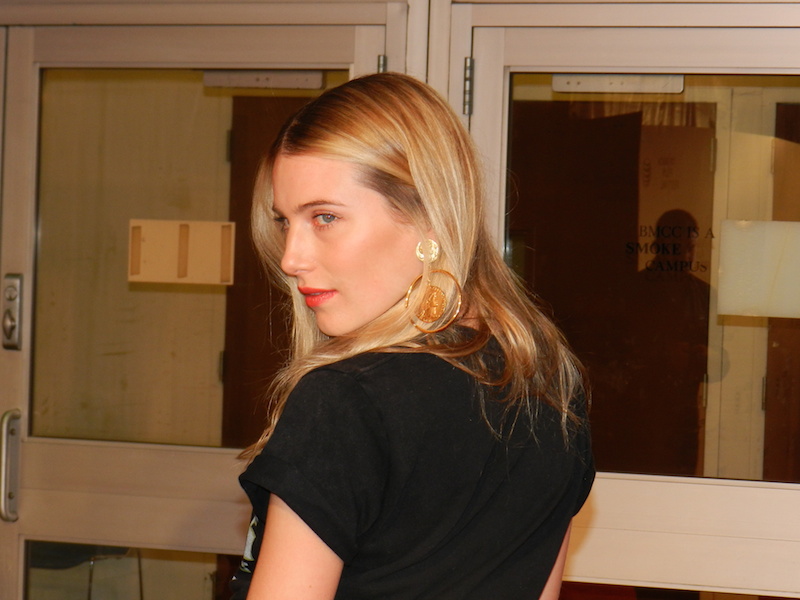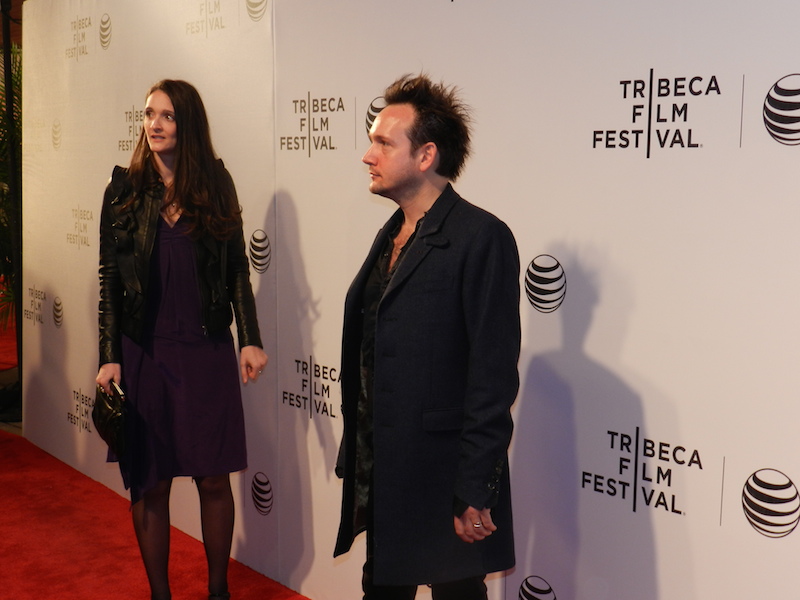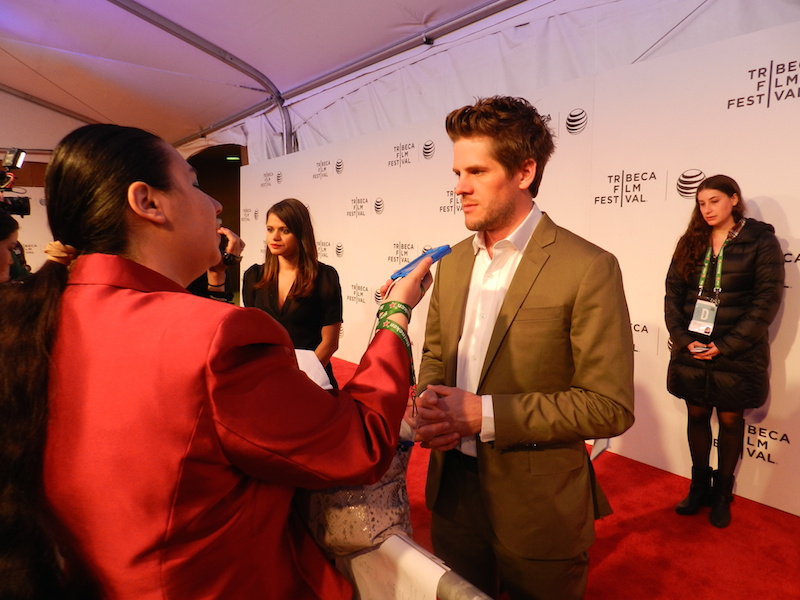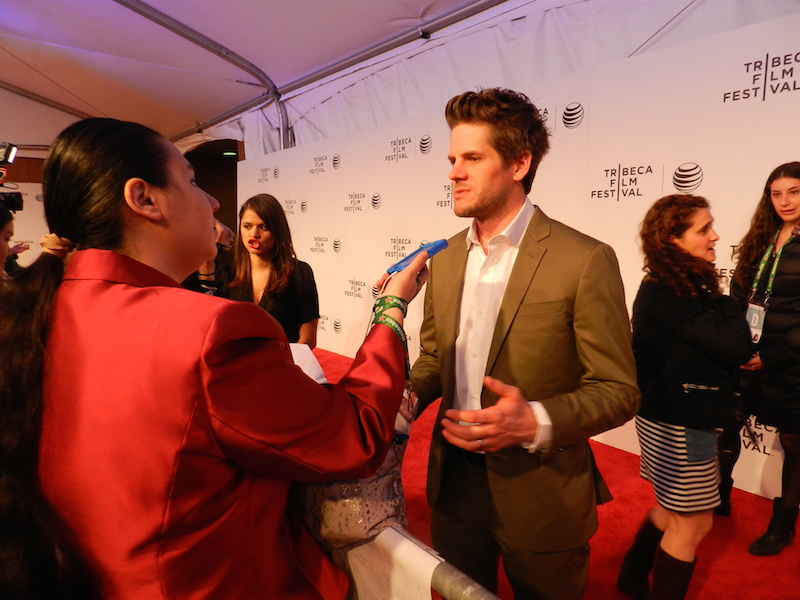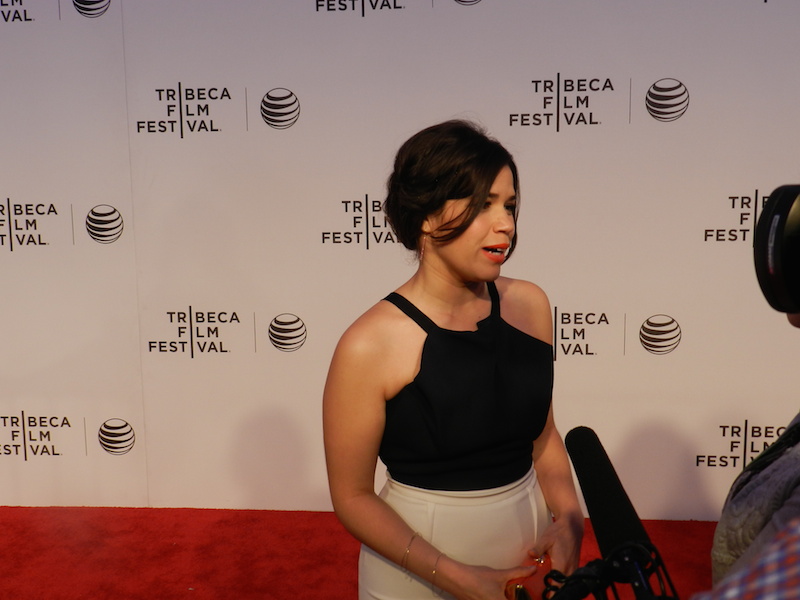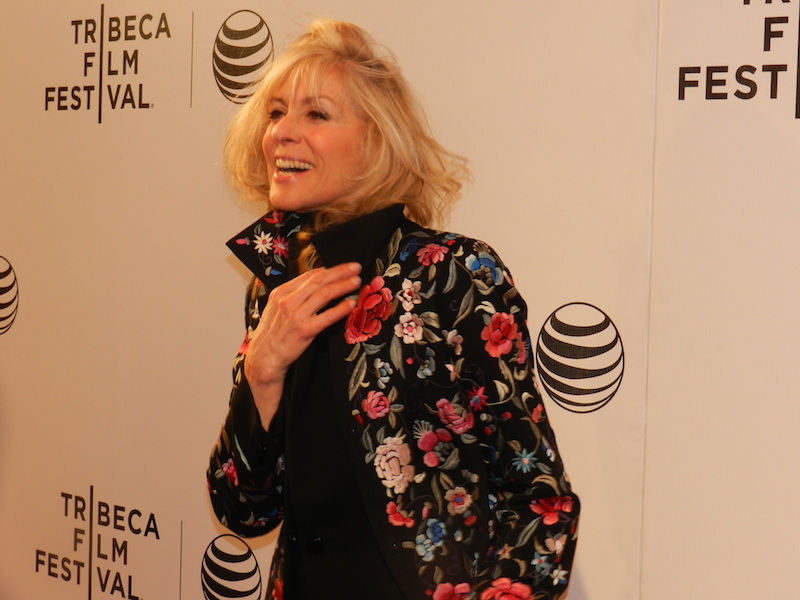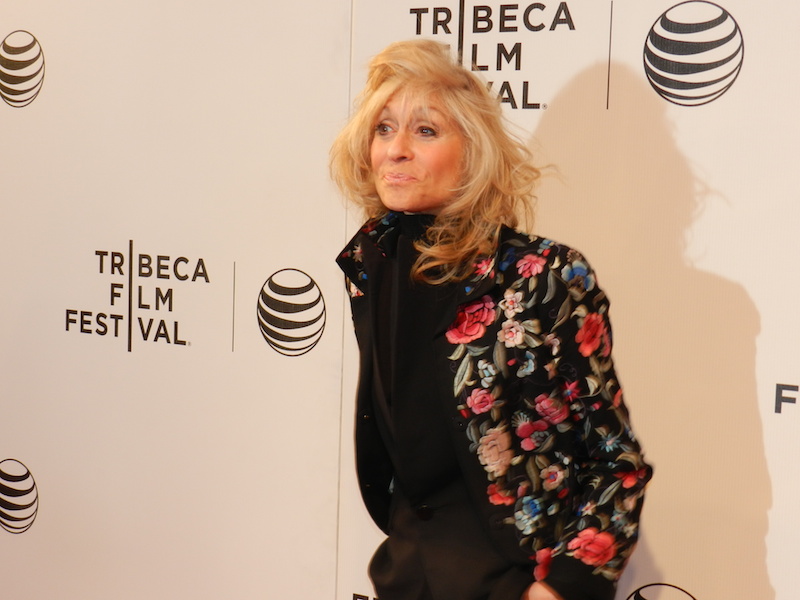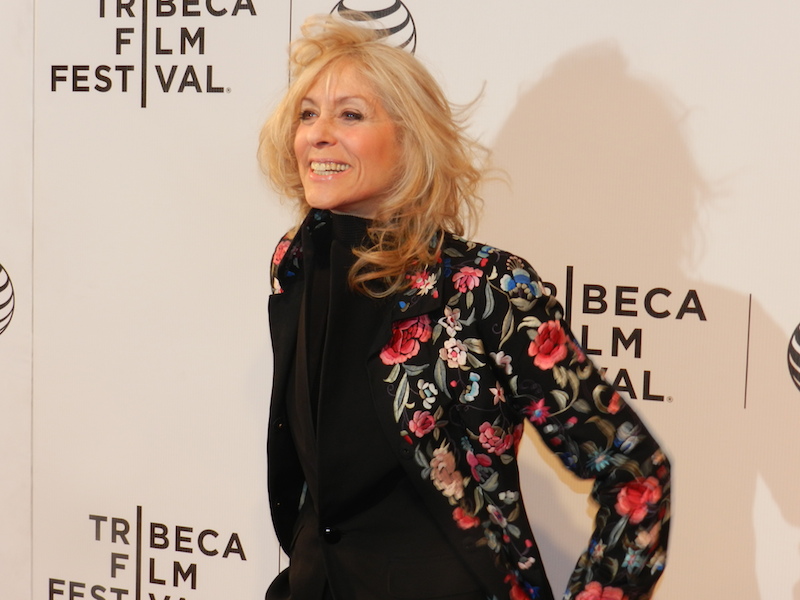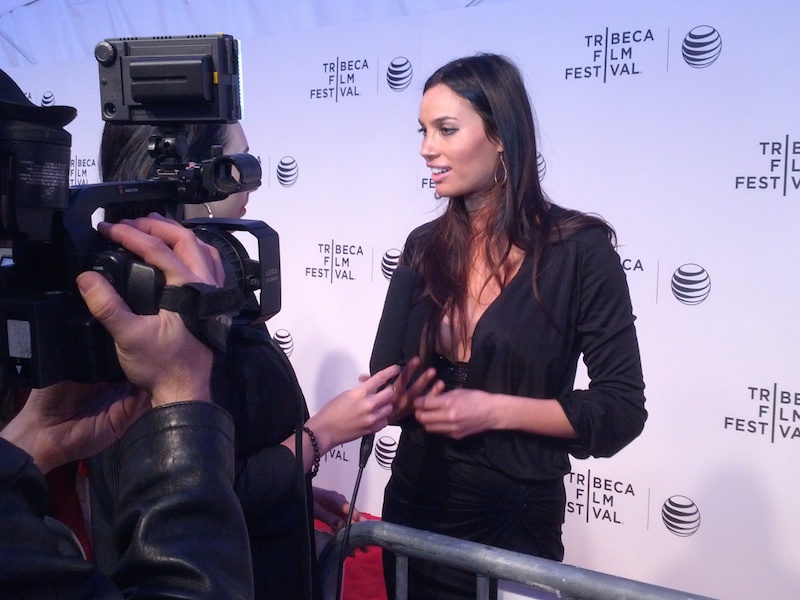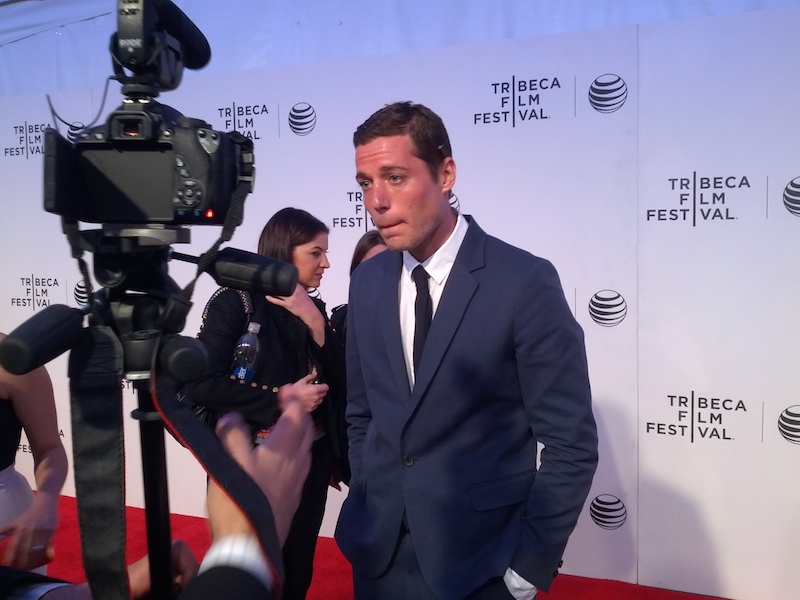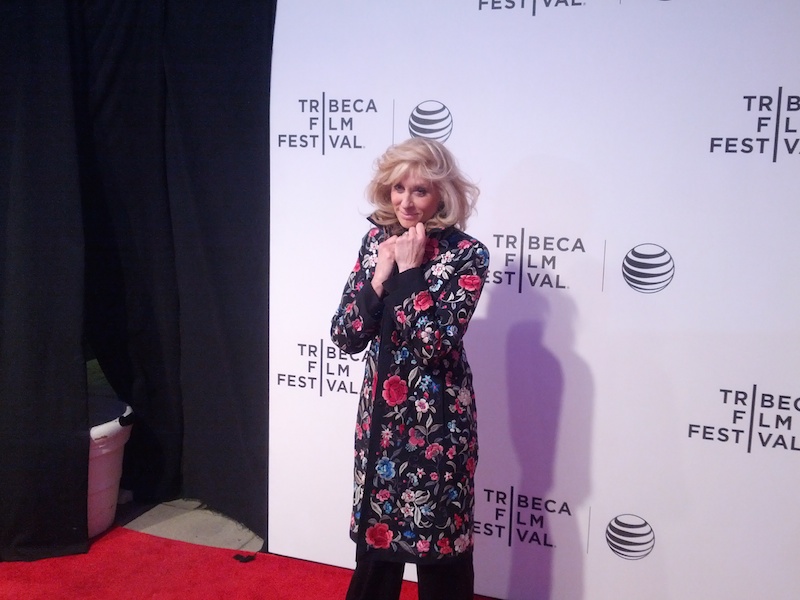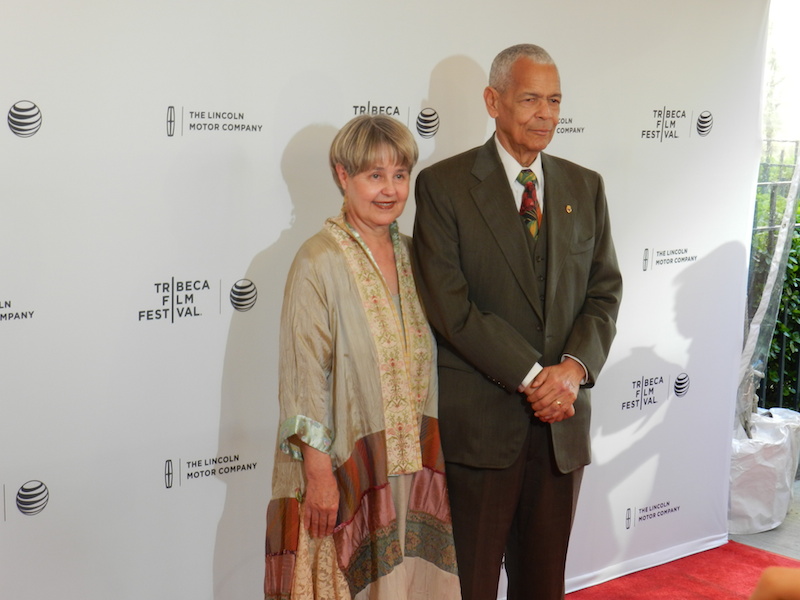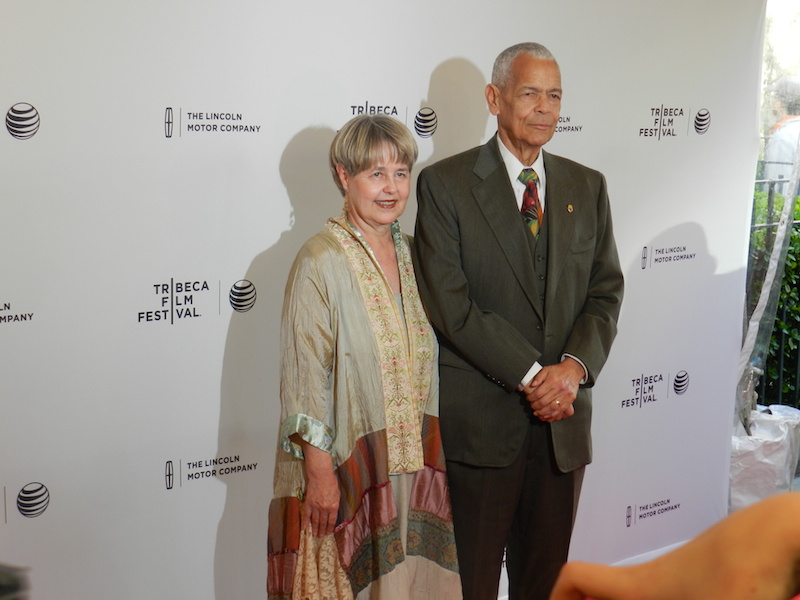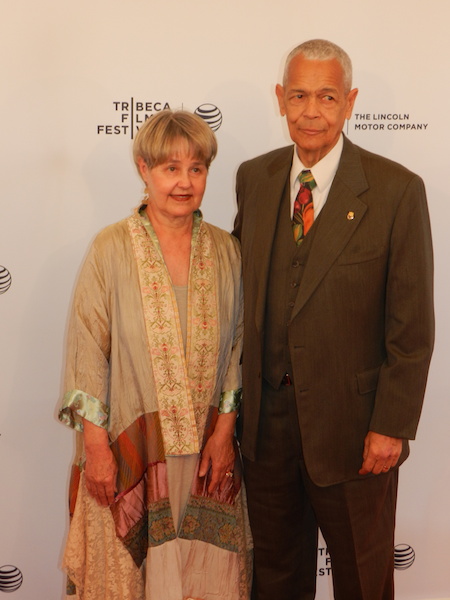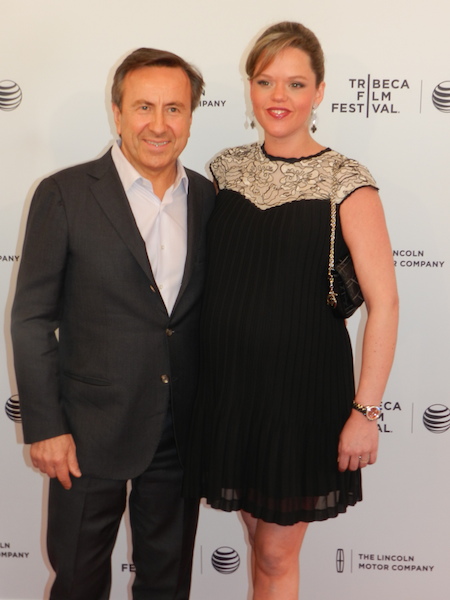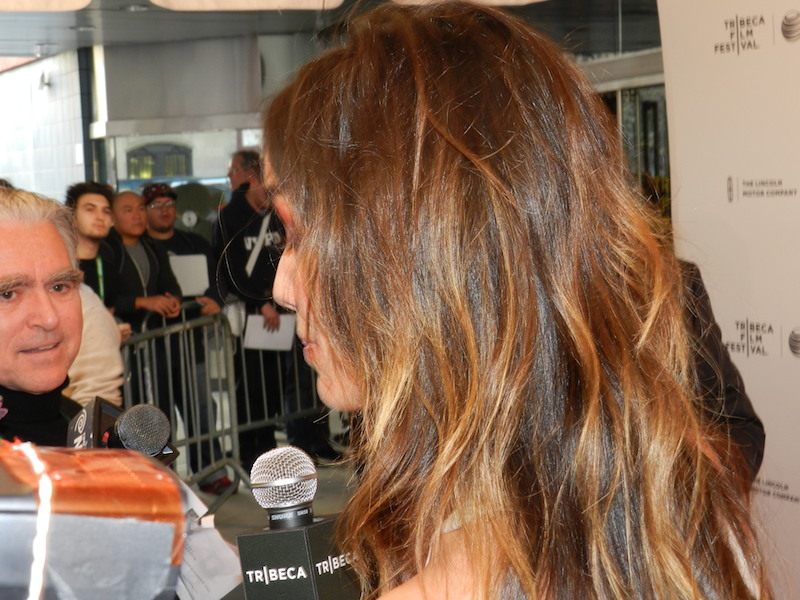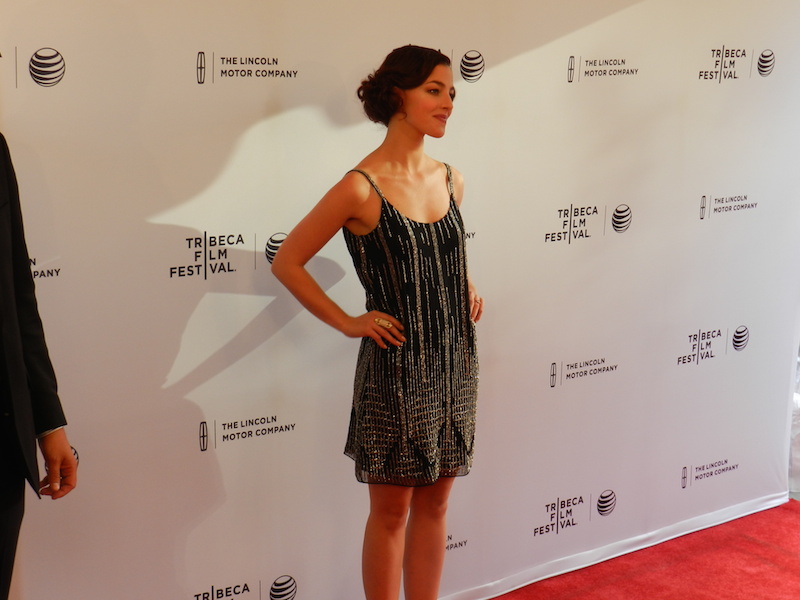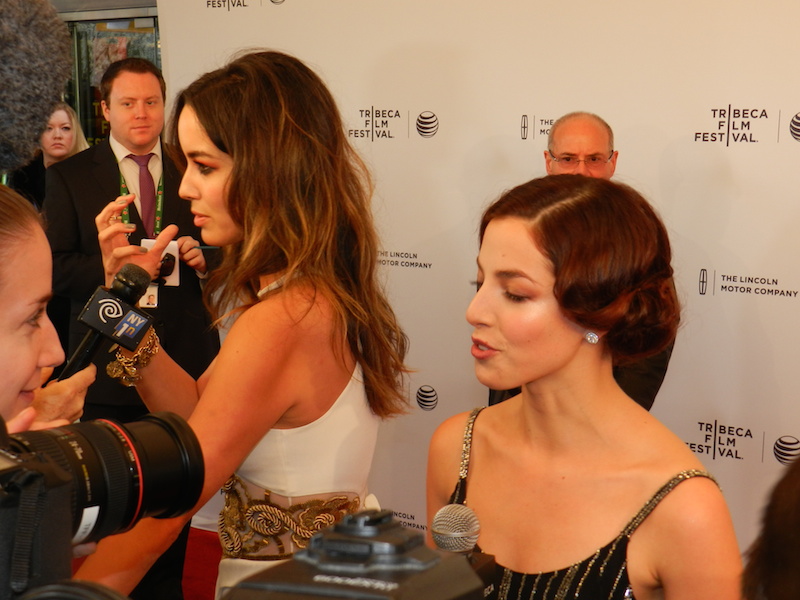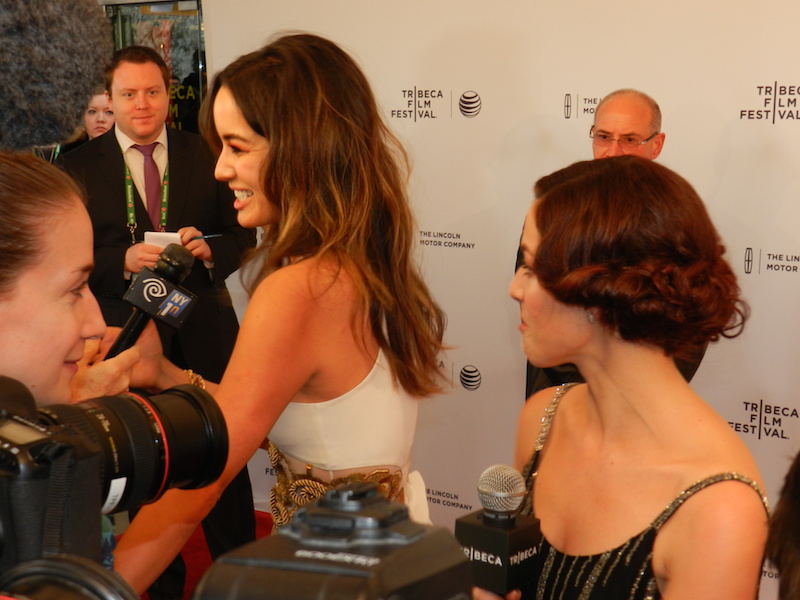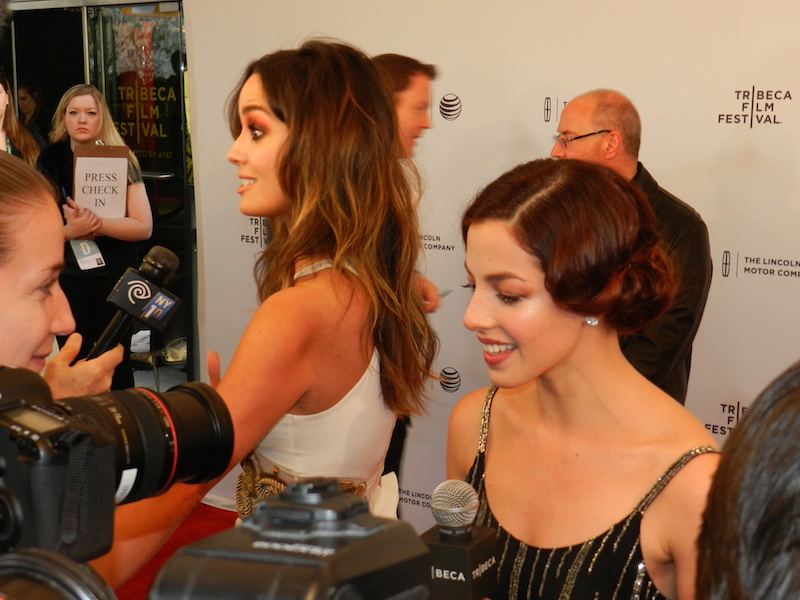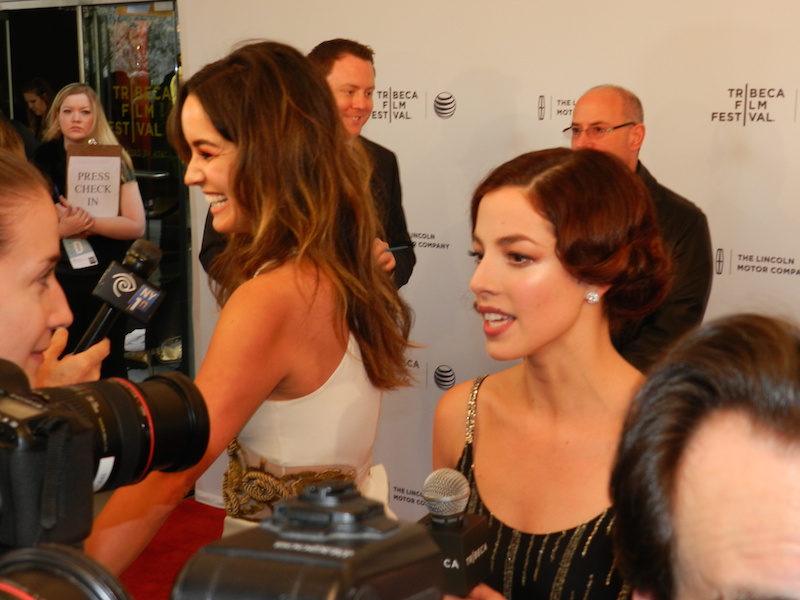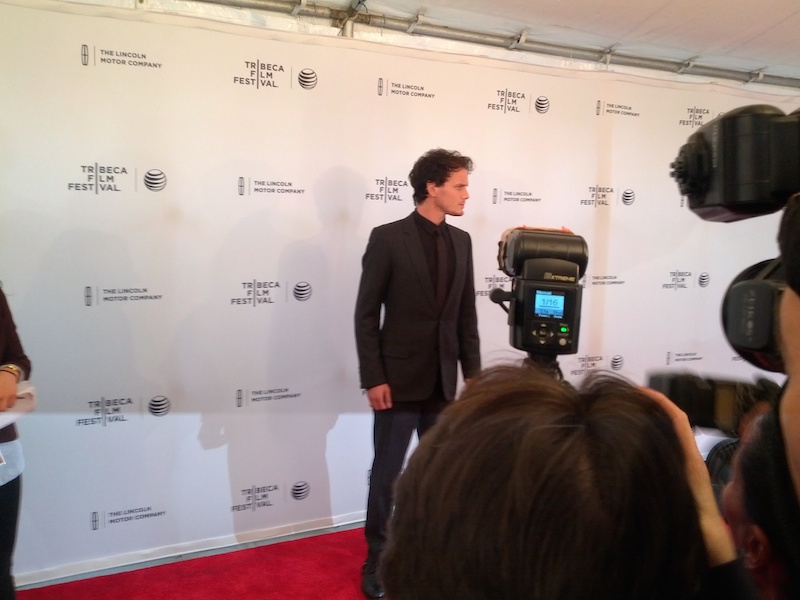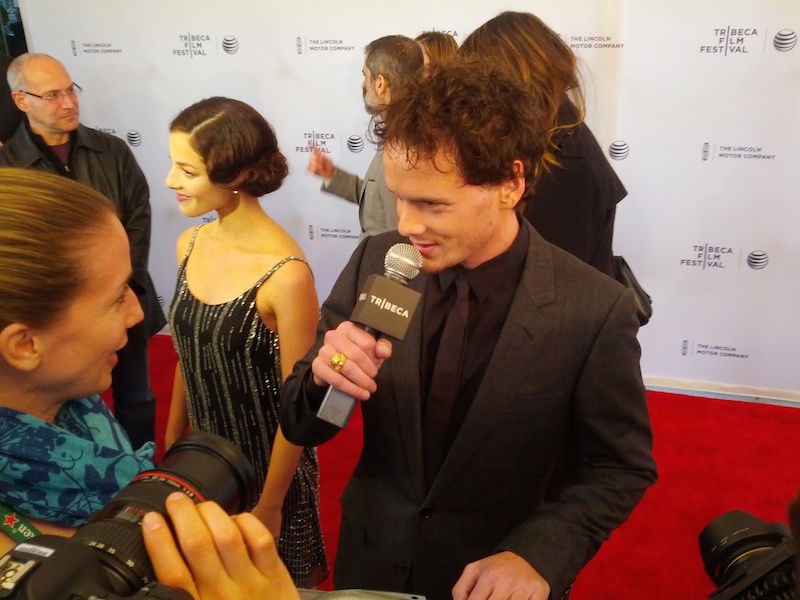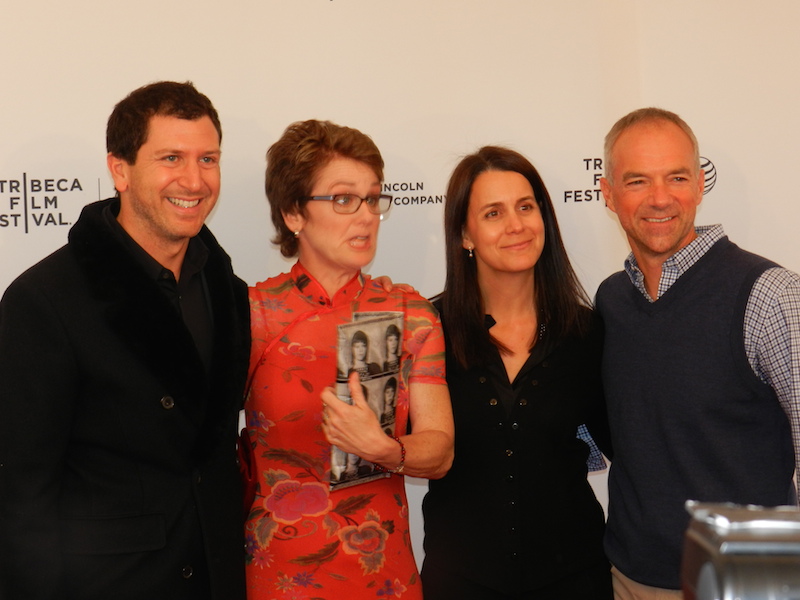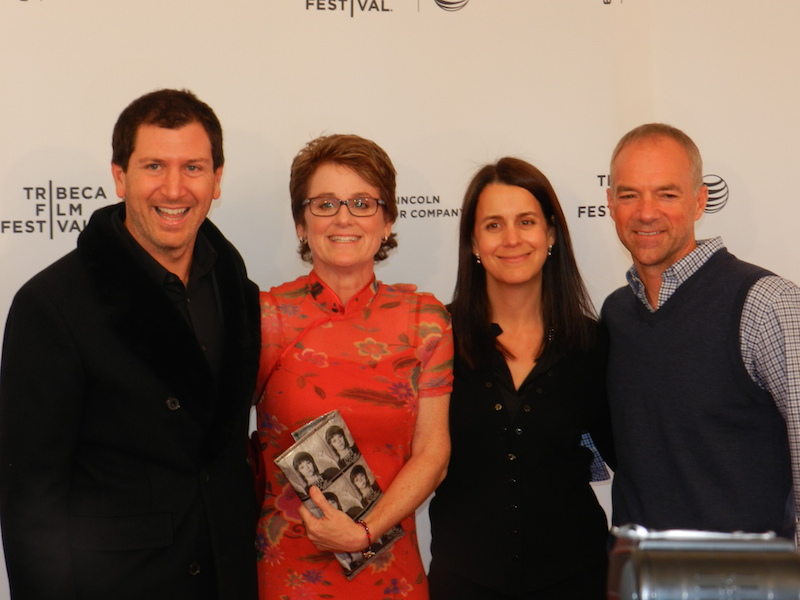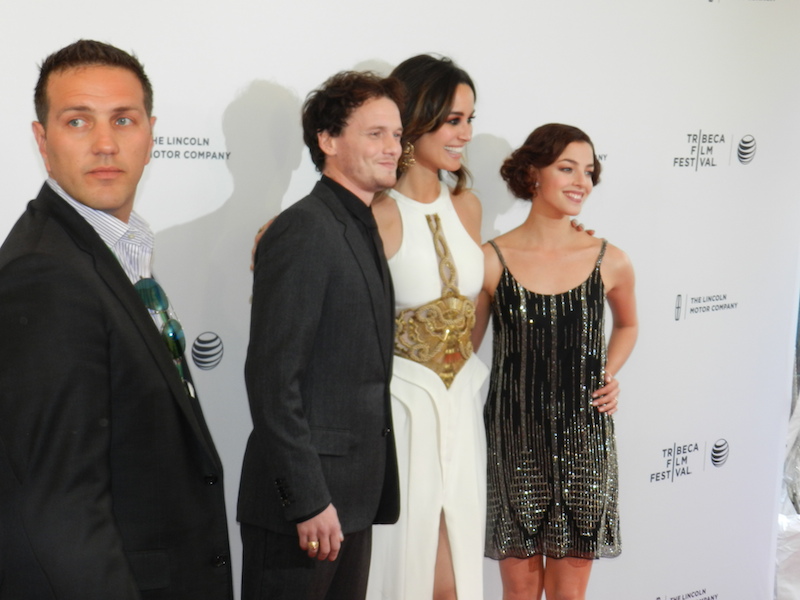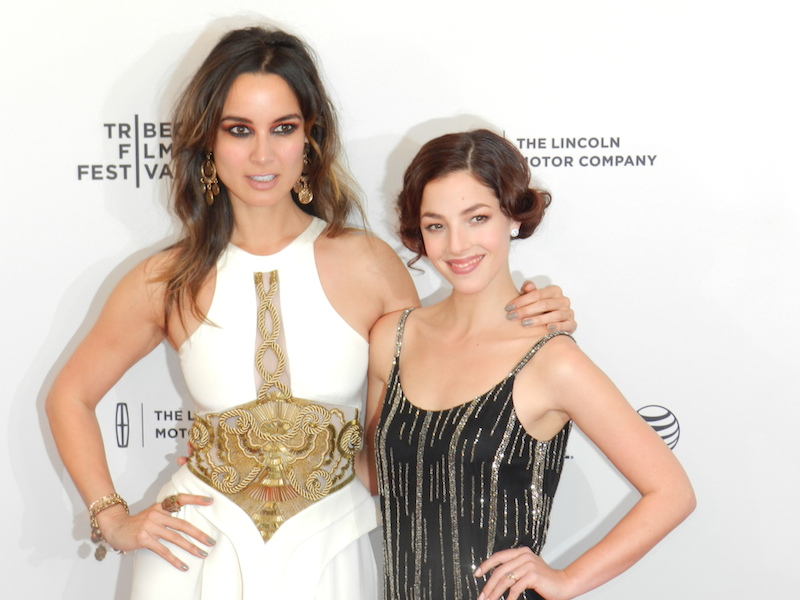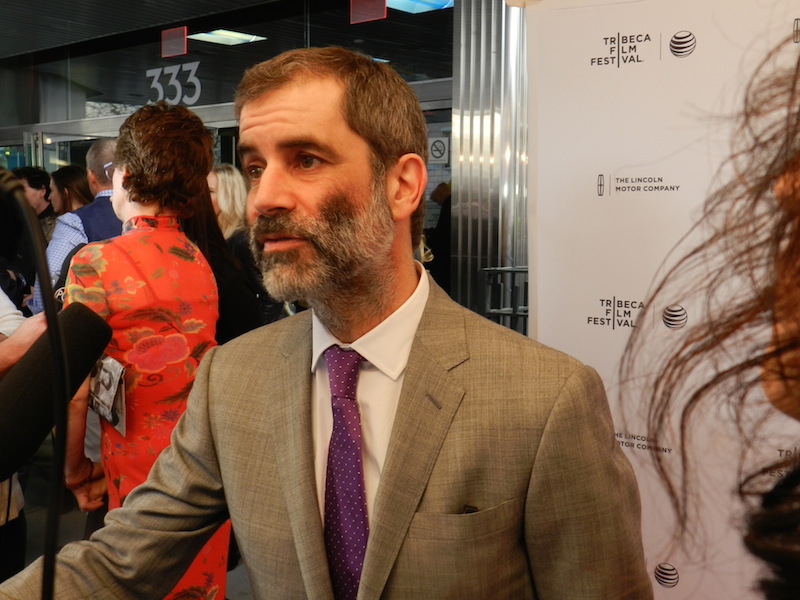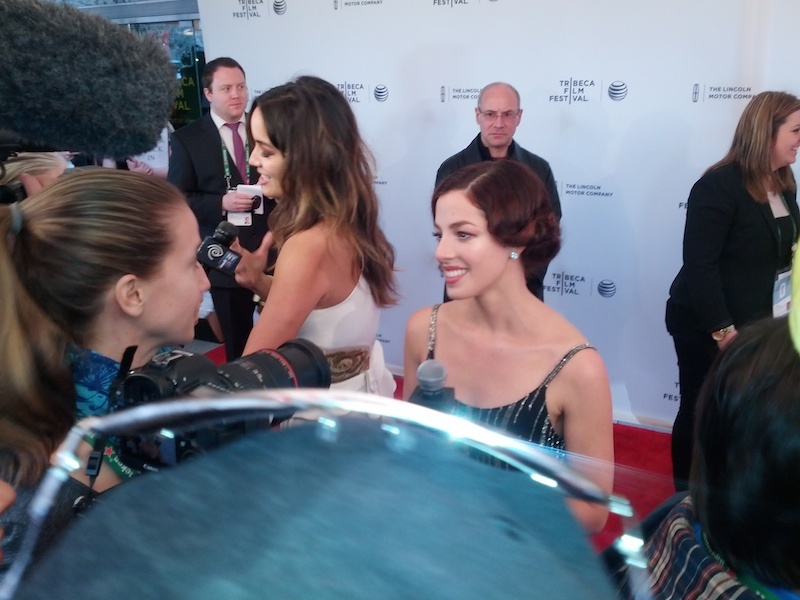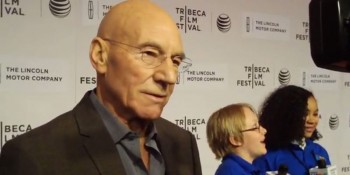This Modern Urban Gentleman is decidedly Yankee. Nonetheless, his recent nonstop schedule, filled with many New York minutes, has this gentleman looking forward to the weekend’s annual celebration of Southern gentility: the Kentucky Derby.
Some would apparently argue that Kentucky is not properly Southern. From this Pennsylvanian perspective, the home of bluegrass, bourbon, and Colonel Sanders could be nothing other than the heart and soul of the South. And for this one weekend, we northern gents are free to appropriate the attire, the cuisine, and the airs of our southern compatriots.
The Derby is an unapologetic excuse to throw a Southern-themed party. It’s not hard to fry up whatever protein — catfish, chicken, steak — is in the vicinity, but any proper gentleman will want to have some key details correct as he settles in for a long afternoon of sipping and basking in the mid-spring sunshine. And what better way to enjoy those rays of warmth than in the outfit seemingly created for this very event: the seersucker suit.
In truth, seersucker has its roots in India, where British colonials needed a breathable fabric to stay cool while still preserving that stuffy aura so essential to being a Brit. The word is from kheer aur shakkar, meaning “rice pudding and sugar.” That evocative description is apt for a material that puckers to raise it away from the skin and allow airflow.
Not surprisingly, the material became a hit among the lower class of the American South, where the ability to blend with the aristocracy was valued, and the relatively inexpensive seersucker could be fashioned into suits for the poor. In a proto-hipster move, the monied youth of the South began wearing seersucker ironically, and it became de rigueur for all classes.
From the days of Atticus Finch through the early 2000s, a man in a seersucker suit might have been laughed out of his yacht club north of the Mason-Dixon. But the last decade has brought a reborn seersucker to hip urban gents. With muted hues, sleeker lapels, and a tighter silhouette, the seersucker suit is becoming a viable summer garment.
The Modern Urban Gentleman last year purchased the Ludlow suit in Japanese seersucker from J. Crew. When properly accessorized, with navy or washed-out hues and brown shoes, a fabric that used to be a bold proclamation is instead an understated, elegant, office-ready warm-weather option. That makes it a worthwhile investment.
But for Derby time, understated goes out the window. The proper swagger of a Derby-ready gentleman requires a seersucker suit with all the bells and whistles. This means a statement bow tie (but no red — too Pee Wee), white or off-white bucks (no socks), and a boater. Add a rose boutonniere since this is, after all, the Run for the Roses.
A word on those shoes: the Modern Urban Gentleman is quite satisfied with his Florsheim Men’s Kearny Oxford, now seemingly available only in taupe; find something along these lines to root the suit. Bucks are made of nubuck or suede leather, which require serious care. If it rains on the Derby parade, find alternative footwear. Also, invest in a suede brush
for various soft leather shoe needs.
Of course, no party is a party without lubrication. Luckily, each of the Triple Crown races has an official cocktail, and none is more storied than the Derby’s mint julep. Its archaeological record traces to at least 1784, and the drink was introduced to our nation’s capital by Sen. Henry Clay of, unsurprisingly, Kentucky.
The mint julep has four essential ingredients: mint leaf, bourbon whiskey, sugar, and water. Spearmint is the mint of choice, but others can be substituted based on local availability; freshness is the primary factor here. The brand of bourbon is open to personal preference, though the corporate-bought “official” choice of the Derby, Woodford Reserve, is an excellent option. For the recipe, refer to Esquire’s fine rendition, but don’t be afraid to experiment and find a personal method as the afternoon drifts by.
As for the race itself, do a bit of homework. Tune in to the NBC Sports Network at 5 Eastern this evening to learn the post positions and begin deciding which horse’s name sounds most bad-ass. Or, for the more serious, look into the real factors that may determine the winner. Keep in mind that a horse with good odds will probably win; no one is going to become a millionaire on a long shot. Most importantly: only risk what a gentleman can afford to lose.
The 2014 Kentucky Derby post time is 6:24 p.m. EDT. If a gentleman’s party is successful, that hour will arrive in a sunburned, intoxicated haze. The race is truly an afterthought. Concentrate instead on the fine drinks, the finer suits, and the company of friends on a beautiful May afternoon.
